Florida Sellers Need Smarter Counteroffers as Buyers Shift Leverage
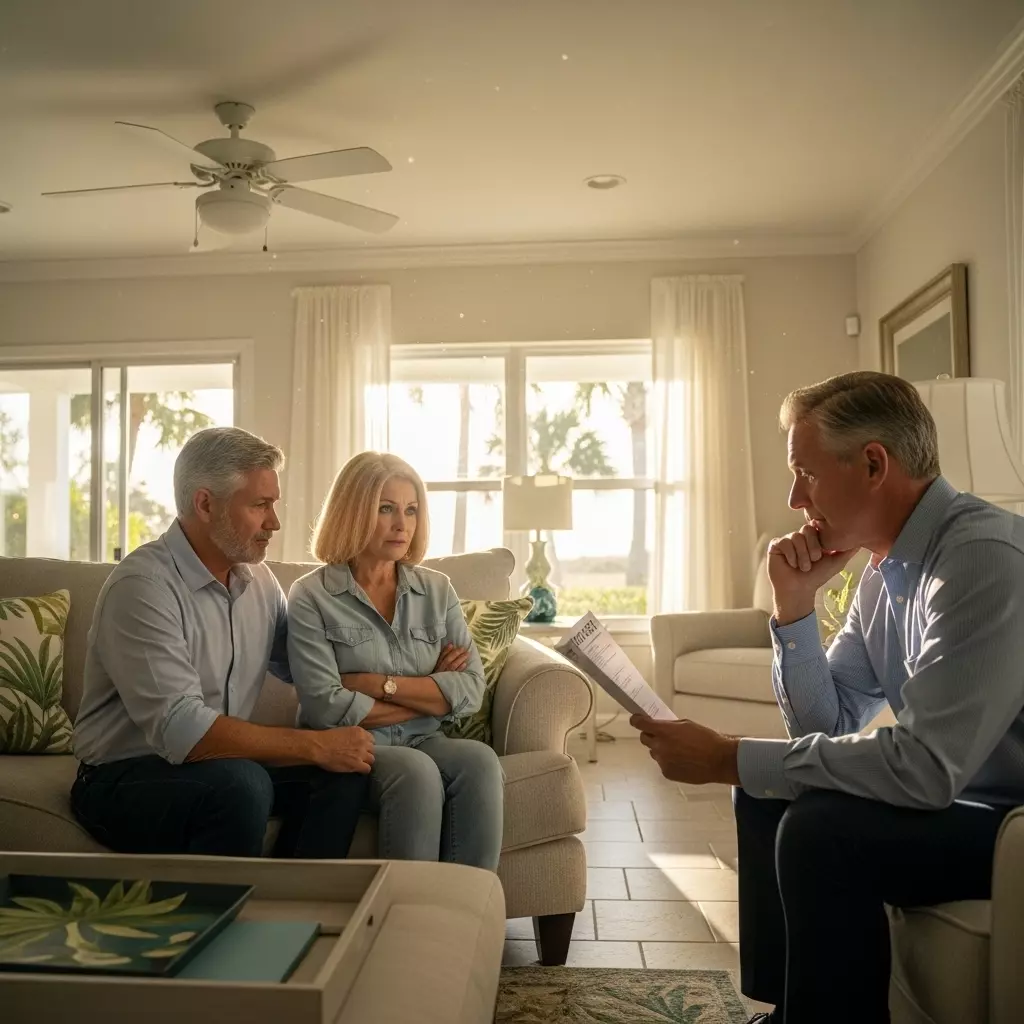
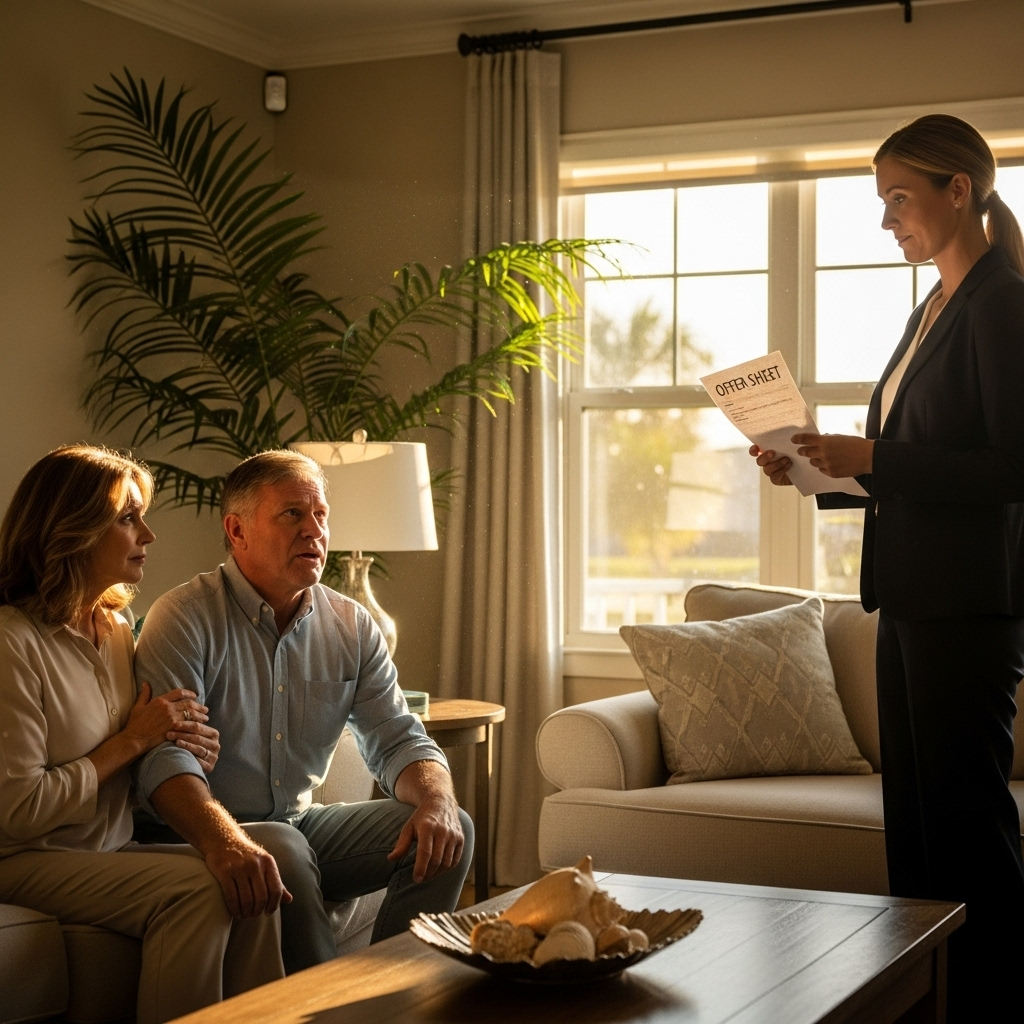
Sellers Need Smarter Counteroffers as Buyers Shift Leverage
As market dynamics change and buyers gain more leverage, the ability to craft effective counteroffers becomes increasingly important. Troy Palmquist emphasizes that counteroffers are no longer just a formality—they are essential tools for protecting seller value and keeping deals alive in a competitive environment.
The Importance of Counteroffers in Today's Market
When a home has been on the market for some time, the arrival of a first offer brings hope. However, that optimism can quickly turn to disappointment if the offer comes in below list price or is a lowball bid, often justified by the property’s days on market.
Raising the price from such a starting point requires a different strategy than negotiating with multiple competitive offers in the home’s first week. In these situations, the seller’s motivation and expectations become central to the negotiation process.
Throughout my sales career, I have learned that mastering counteroffers is crucial to getting contracts across the finish line. I firmly believe that a seller should always respond with a counteroffer. Here are the key elements to consider for maximizing the chances of a successful outcome.
Important Factors to Weigh Before Making or Rejecting a Counteroffer
Who Is the Buyer’s Agent?
If you already know the buyer’s agent, you may have insights into their negotiation style and professional track record. If not, research their history to understand how they typically negotiate and their success rate with lowball offers. This knowledge can inform your approach. A good buyer’s agent will provide solid comparable data that supports the offer, including any needed improvements that the new owner would be facing in the relatively near future.
What Is the Buyer’s Motivation?
Engage in a conversation with the buyer’s agent to uncover the reasoning behind the offer’s price and terms. Understanding what motivates the buyer and how serious they are about the purchase provides valuable context for shaping your response.
Who Is the Buyer, and How Strong Are They?
Assess the strength of the offer by considering whether the buyer is pre-approved, has substantial cash, and is genuinely motivated. Compare the buyer to others in the market—are similar buyers likely to appear soon? It’s important not to be swayed solely by high numbers; buyers with solid finances and fair terms are more likely to close successfully.
What Is the Market Saying About the Listing?
Review comparable properties that have recently gone under contract. Consider why those buyers didn’t make offers on your listing. Is the property priced attractively, or is it set according to the seller’s preferences? If the listing is unique, you may have anticipated a longer sale period to achieve the right price. Beyond price, evaluate the product and positioning to see if upgrades or new marketing strategies might be beneficial.
What Is the Traffic Telling Us?
If there are no showings, that requires a separate conversation. If showings are occurring, pay close attention to candid feedback from buyers and their agents. Seek out honest, unfiltered input to identify the factors that may be discouraging offers.
Are We Prioritizing Ego Over Progress?
Determine whether the offer is close enough to advance negotiations or if pride is preventing progress. Clarify what the seller truly wants: the highest price, a quick sale, or a hassle-free process. Sometimes, sellers may reject reasonable offers out of mixed feelings. This is also a good opportunity to discuss iBuyers or investors who might submit cash offers, even if below list price. Building relationships with cash buyers can give sellers more options, especially if timing and convenience are priorities.
What Happens If We Say Nothing?
Failing to counter at all can send a negative signal. In a balanced or buyer-favored market, buyers expect some form of response, and silence can end negotiations. Even a modest counteroffer keeps dialogue open and puts the ball back in the buyer’s court. Sellers should avoid letting frustration or disappointment prevent a constructive reply.
Takeaway: The Role of Counteroffers in a Shifting Market
As the market transitions and balances, the skill of counteroffering becomes foundational, especially for newer agents unfamiliar with active buyer or balanced conditions. It is essential to continually hone negotiation skills, set clear expectations, and communicate effectively throughout the process.
Counteroffers are more than simple responses—they are strategic tools for protecting value, managing expectations, and keeping deals moving forward. In a buyer-driven market, counteroffers allow sellers to maintain leverage while signaling a willingness to negotiate in good faith. By thoroughly understanding the property, the buyers, and market trends, agents can craft counteroffers that maximize price, accelerate the sale, or secure the ideal buyer for their client.
Categories
- All Blogs (390)
- Aging Parents (2)
- Best Realtor (2)
- Buyers Tips (46)
- Condos (3)
- Downsizing (8)
- Equity (5)
- FAQ (2)
- Financing/Mortgage (8)
- First Time Home Buyers (17)
- Fun Items (6)
- Heron Creek (1)
- Home Remodeling (7)
- homes near golf courses (1)
- Investing (4)
- Living In North Port (5)
- Local Housing Market (52)
- luxury homes (3)
- Making Offers (9)
- Moving (6)
- Multigenerational (5)
- New Construction (3)
- Nokomis Florida (1)
- Nokomis Housing Report (1)
- North Port Florida (5)
- North Port Housing Report (7)
- Pool Homes (3)
- Port Charlotte Florida, (2)
- Probate / Divorce / Foreclosure (1)
- Rent (2)
- Rotunda West (2)
- Sellers (52)
- south gulf cove (2)
- Thing to Do in the Area (8)
- Venice Housing Report (4)
- Venice, Florida (2)
- Waterfront Homes (2)
- Wellen Park (2)
Recent Posts
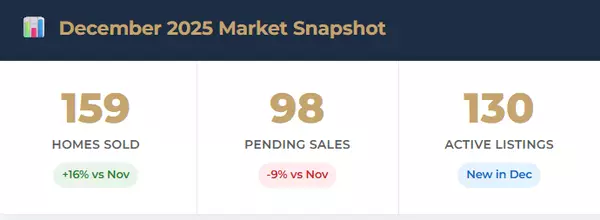

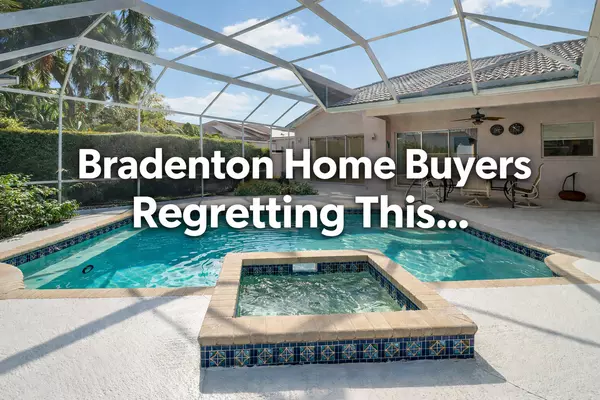
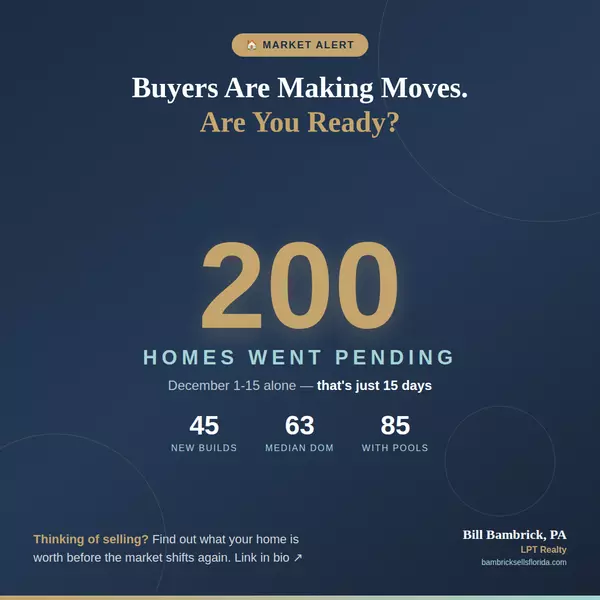







"Molly's job is to find and attract mastery-based agents to the office, protect the culture, and make sure everyone is happy! "

